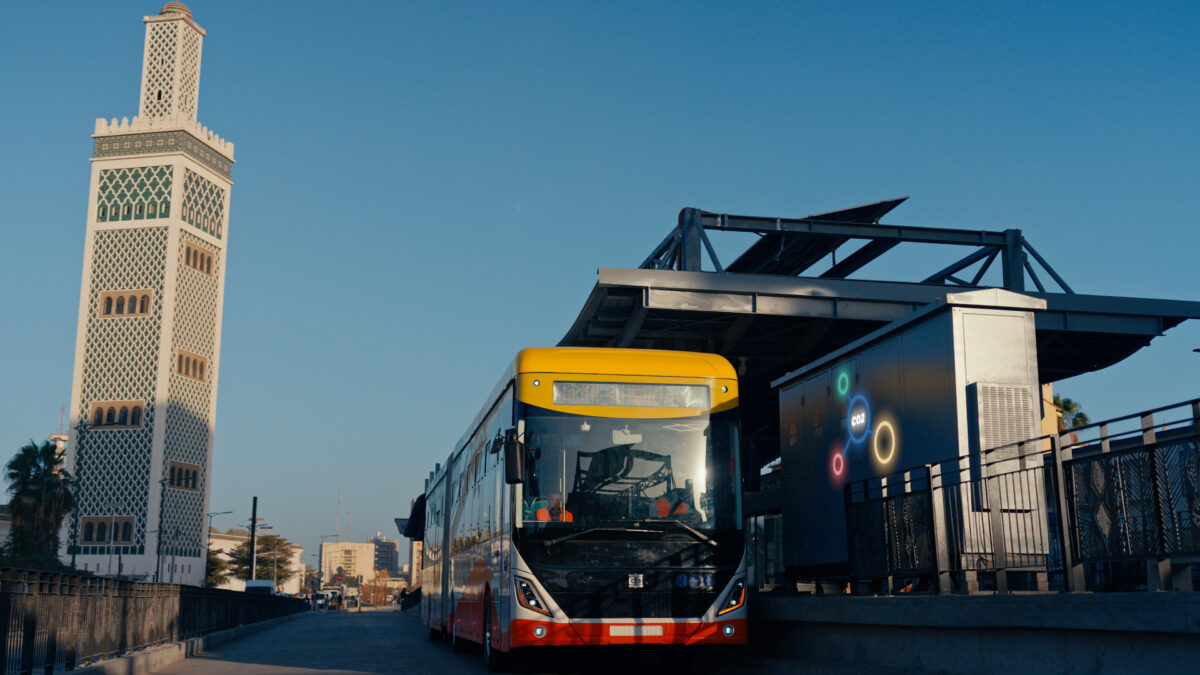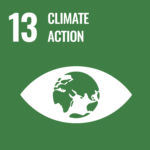The Dakar Bus Rapid Transit (BRT) revolutionises Dakar’s public transport system, reducing emissions while easing traffic congestion and improving road safety. Through PIDG’s investment of EU 46m, the project will roll out a new fleet of 121 buses operating across 13 municipalities and an 18.3km route. The public transport system will eventually carry 300,000 passengers daily between the suburbs and the city. This landmark project signifies a first for Africa as the continent’s only all-electric public bus network, designed to reduce travel time across the city by 50 minutes and carbon dioxide emissions by 59,000 tonnes annually.
PIDG provided a further USD 10m of viability gap funding through technical assistance to support the project’s viability and affordability.

